Water is a force.
We use it so much that we sometimes take it for granted. If you aren’t a chemistry expert, you may not know all the chemical properties of water that makes it unique. Water is composed of two hydrogen atoms and one oxygen atom, hence the H20 abbreviation. But chemistry isn’t the only interesting aspect of water’s properties. Far from it.
Water can be used for drinking, washing, freezing, and even as an energy source. Some facts about water’s usability and chemical properties may surprise you.
Have a look at our list of 20 amazing water facts to brush up on your H20 knowledge; you might just get some trivia points and learn some vital facts about the environment.
20 Amazing Facts About Water You Should Know
1. The Earth Is Covered By Water:
The most quintessential fact about water is simply how much of it we have on the planet. Earth, and if you own a globe you might already know this, has more water than it does land.
To break it down, the Earth’s surface is comprised of 71% water. In addition, Earth’s five oceans hold 96.5% of all of water. But that’s not all.
Water also exists in the vapor in the air, in the lakes and rivers, glaciers and ice caps. Knowing this is also important in understanding the importance of keeping Earth’s waters clean and unpolluted.
We only have one supply of water in the long run, and we’ll all need it!
2. Water Regulates Earth’s Temperature:
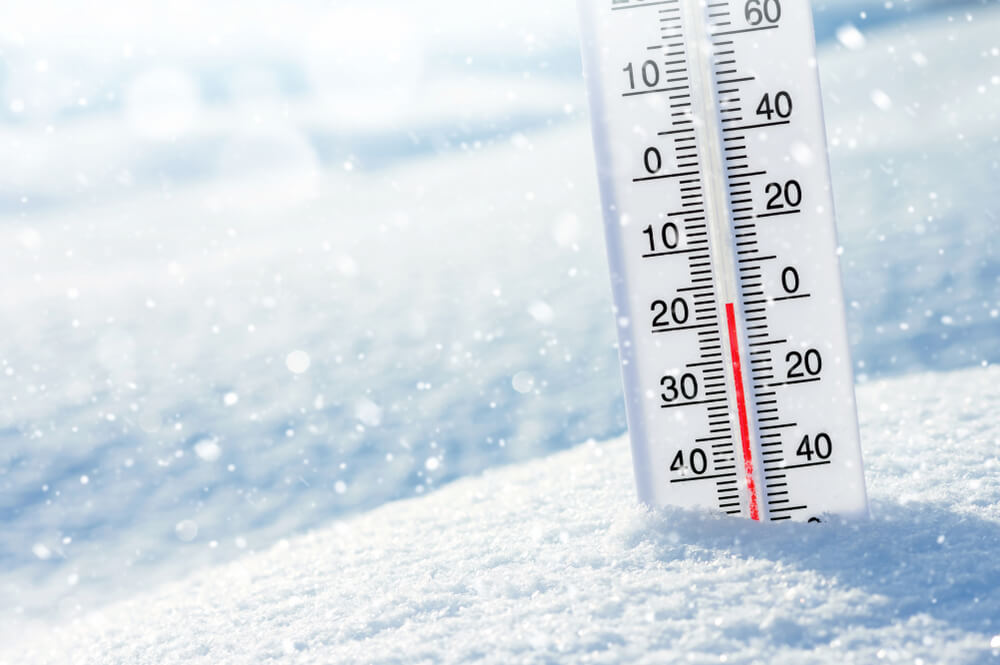
Water actually regulates the Earth’s temperature through ocean currents. These ocean currents also help to counteract solar radiation that naturally exists on the Earth’s surface.
The oceans move heated water from the Earth’s equator and the hotter tropic climates to the north and south poles, while the reverse happens from the poles to the tropics. This also helps to regulate the overall climate.
3. 70% Of Earth’s Water is Frozen:
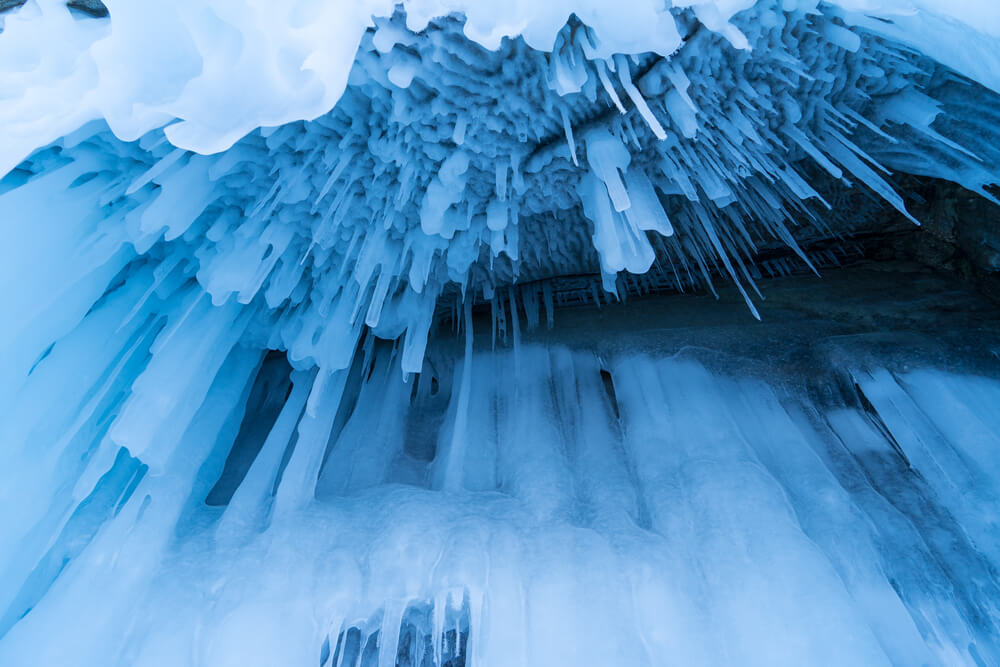
Although there is seemingly an enormous supply of water on Earth, not all of it is usable. In fact, 70% of the Earth’s water is frozen and therefore not accessible. Also, 30% of fresh water is stored in the ground and not on the surface.
These reserves would be important if the environment were ever to hit dire straits. This is also something to keep in mind when rationalizing how much water is accessible to the world’s people and animals.
4. Fresh Water In Antarctica:
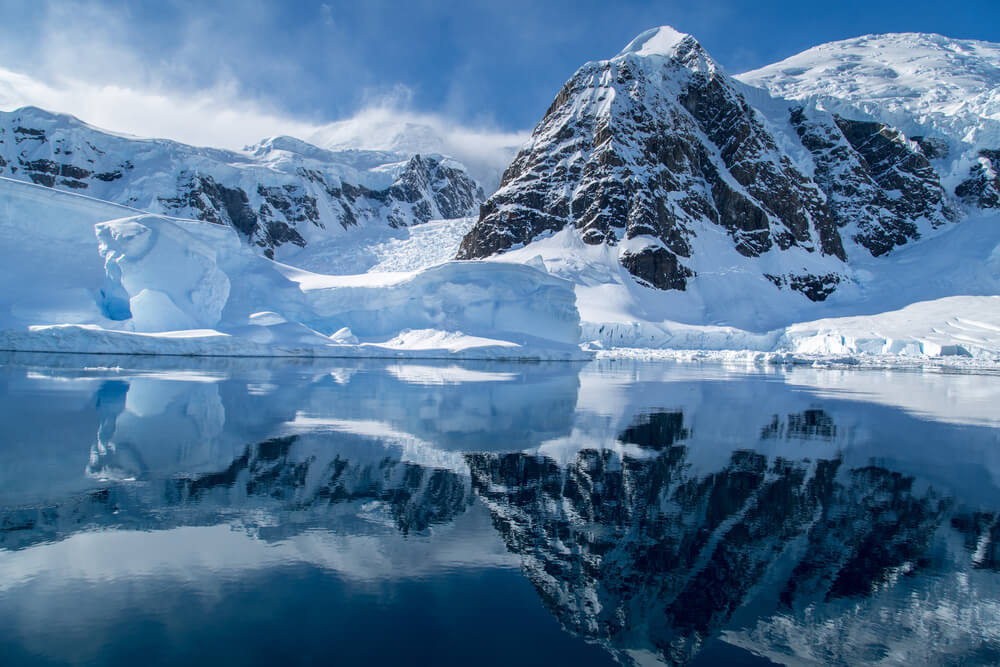
Most of the world’s supply of fresh water is actually concentrated in one area: Antarctica. This freezing continent has less people and thus less percentage of pollution and energy usage than any other. It also contains 90% of the Earth’s supply of fresh water.
This is a huge issue when it comes to climate change, as the Earth’s heating temperatures affect the sustainability of this vital water supply.
5. Water In Human Bodies:
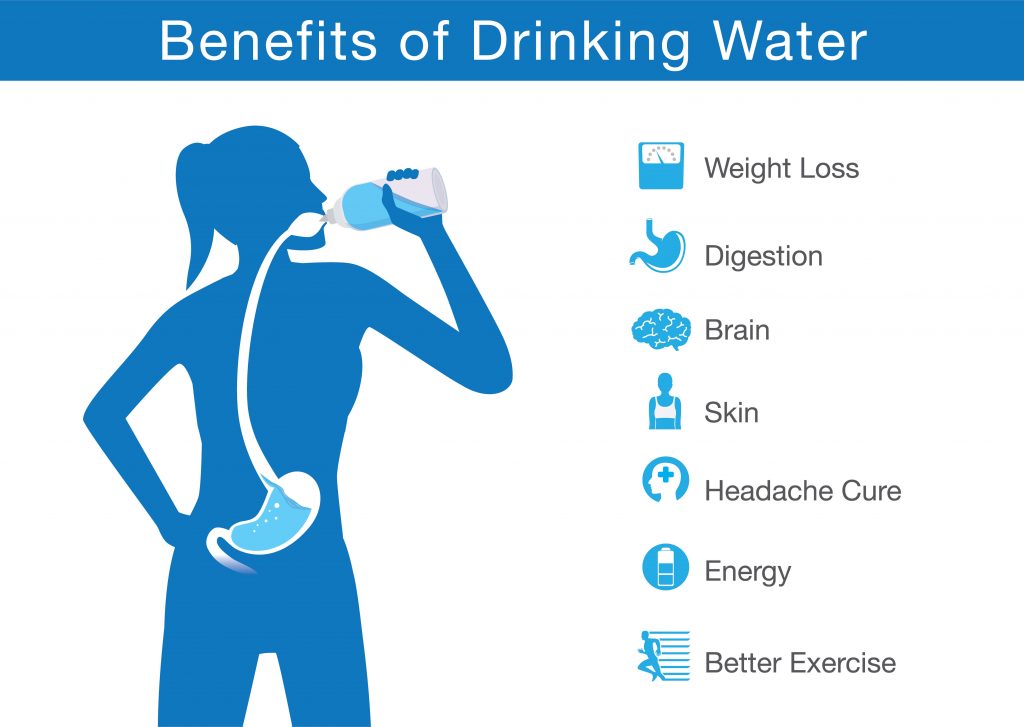
There is another mostly water-filled area that we don’t talk about often enough—our bodies! The human body is composed of, on average, 60% water, though the number varies from childhood to adulthood, and in men and women’s bodies.
This isn’t to say that your body has enough water to replenish itself. The body will become critically dehydrated after three of four days without water. Drink plenty of water to hydrate your cells!
6. 400 Billion Gallons Of Water Per Day:
We’ve learned how much water makes up the Earth’s surface and the human body, so how much of it do we use? Approximately 400 billion gallons of water are used in the United States per day. That’s a lot of H20. And that’s just how much we use a day.
According to research, the average American household uses over 100,000 gallons of water per year for both indoor and outdoor consumption. This may give insight to the rationing of water during drought times in particularly hot western states like Nevada, Arizona, and California.
7. 780 Million People Lack Access To Clean Water:
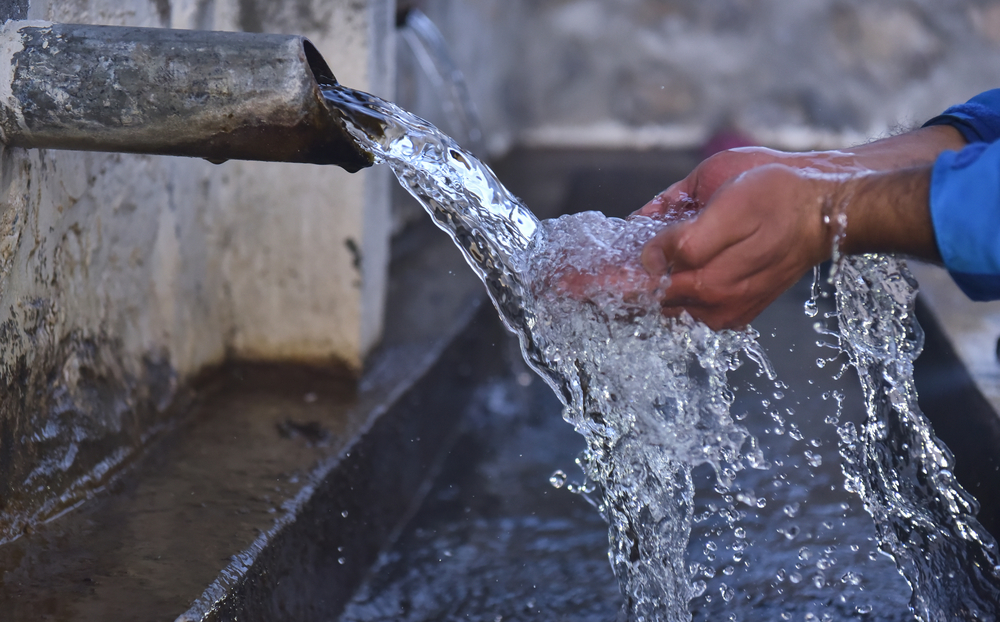
While we look at water conditions in the U.S., it’s also advantageous and important to know that not everyone in the world has access to clean water. In fact, 780 million people on Earth lack access to clean or drinkable water.
There are ways to change this unfortunate fact if we redistribute our resources.
8. Wastes From Bottled Water:
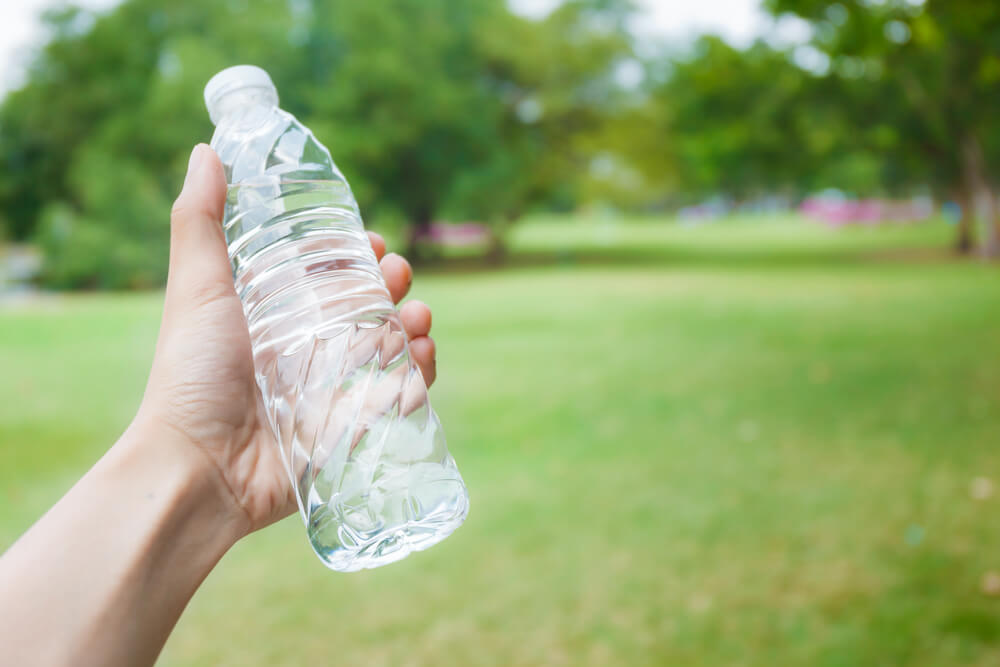
Bottled water is consumed, and even taken for granted, in cities all over the world. Not to mention the waste that it creates, bottle watered is also less regulated than ground water and tap water. If we eliminated some of the costs of producing bottled water in huge numbers, we could give much broader access to clean drinking water across the world.
According to Blue Planet Network, by eliminating 1/3 of bottled water costs already being spent each year, we could give to projects that provide clean water to everyone.
9. Developing Countries Suffer For Lack Of Clean Water:
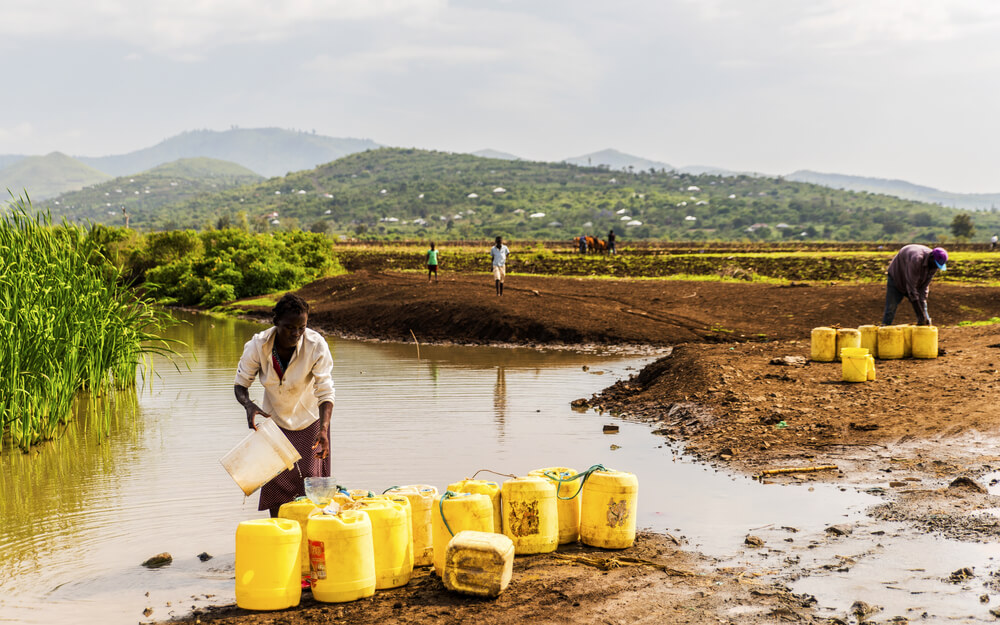
If access to clean water still doesn’t seem like such an immediate problem, look to the facts about casualties related to the consumption of contaminated water. CNN has reported that 80% of the world’s sicknesses in developing countries are caused by the lack of access to clean water.
In some of these countries, less than half of the population has access to clean water. Even worse, it is estimated that 200 children die from exposure to unsafe water every hour. Cleaning up the world’s water can help the environment and the population for the better.
10. Economic Loss From Lack Of Clean Water:
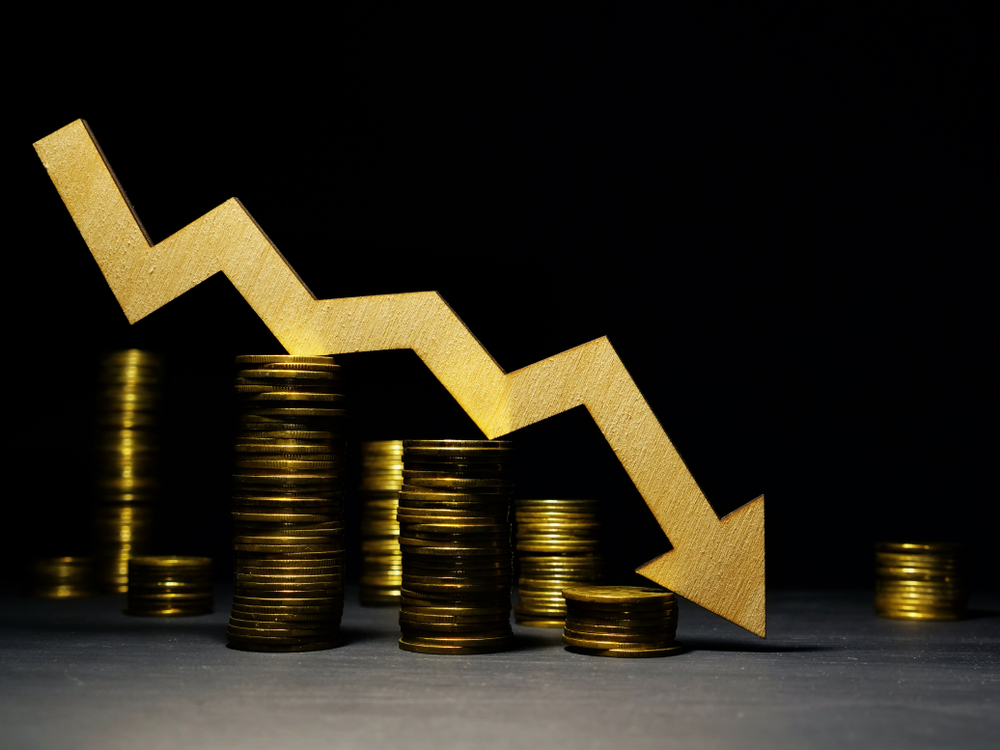
Contaminated water isn’t just an environmental, health, and social issue, but also an economic one. Per UNICEF’s research, there is a $260 billion economic loss annually from a lack of clean water and sanitation in developing countries.
11. Hours Spent In Collecting Fresh Water:
There is also a lot of manpower, or rather, woman power, in collecting water in developing countries. 200 million work hours are put in per day by women collecting fresh water for their families in developing countries. UNICEF also estimates that 200 billion hours are spent collecting clean water in Africa alone.
12. Americans Drink 1 Billion Glasses Of Tap Water Per Day:

In comparison to the hours spent collecting water in developing countries, Americans have a relatively easy time drinking water from any faucet that will supply them with drinking water.
In fact, Americans drink more than one billion glasses of tap water per day. It’s as easy as turning on the faucet rather than walking miles a day and carrying gallons of water with us, too.
13. Water Consumption Is Growing At x2 Population:
With more people on Earth yielding way more consumption, it’s estimated by National Geographic that water use has grown at more than twice the rate that the population has grown.
That’s a lot of people that need water and may be wasting it.
14. 265 Water Related Conflicts:
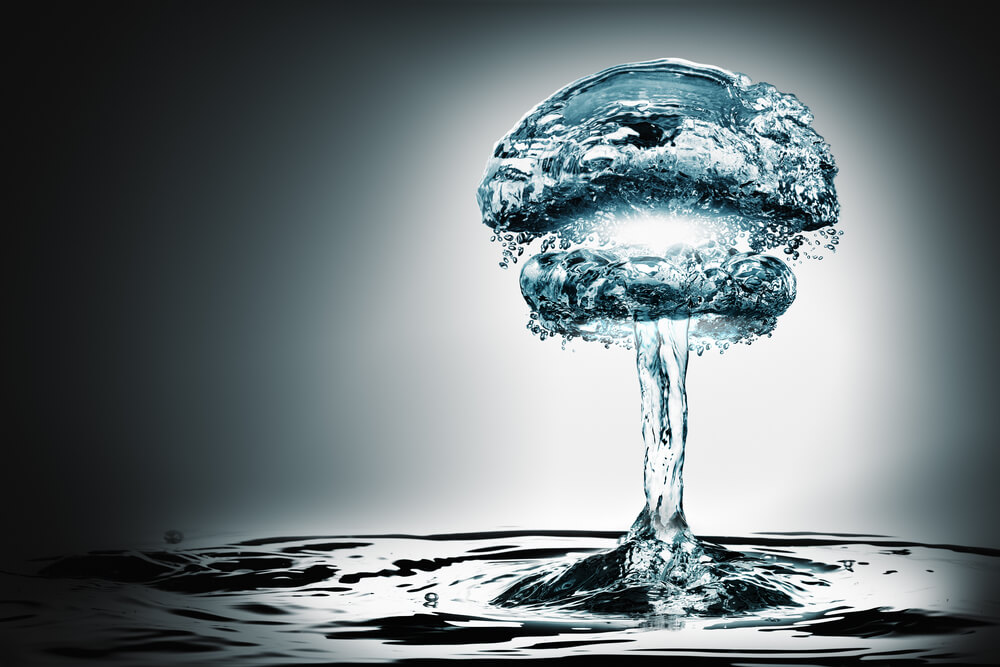
After all of these facts about the economic, environmental, and health hazards associated with the world’s water supply, it’s no wonder that there have been water-related conflicts—265 recorded incidents—from 3000 B.C. to 2012.
15. Vietnam Uses 95% Of Fresh Water For Agriculture:
What about our country and the world’s usage of water for agriculture? Because the water supply does affect crop growth and thus the food supply, 40% of freshwater withdrawals in the United States are used for agricultural purposes, while 60% of freshwater is used for agriculture in China.
Some countries have an even higher ratio though, higher than 90%. For example, Vietnam uses 95% of their freshwater withdrawals, while Madagascar uses 97%.
16. 85 Billion Gallons Of Water Could Be Saved Each Year:
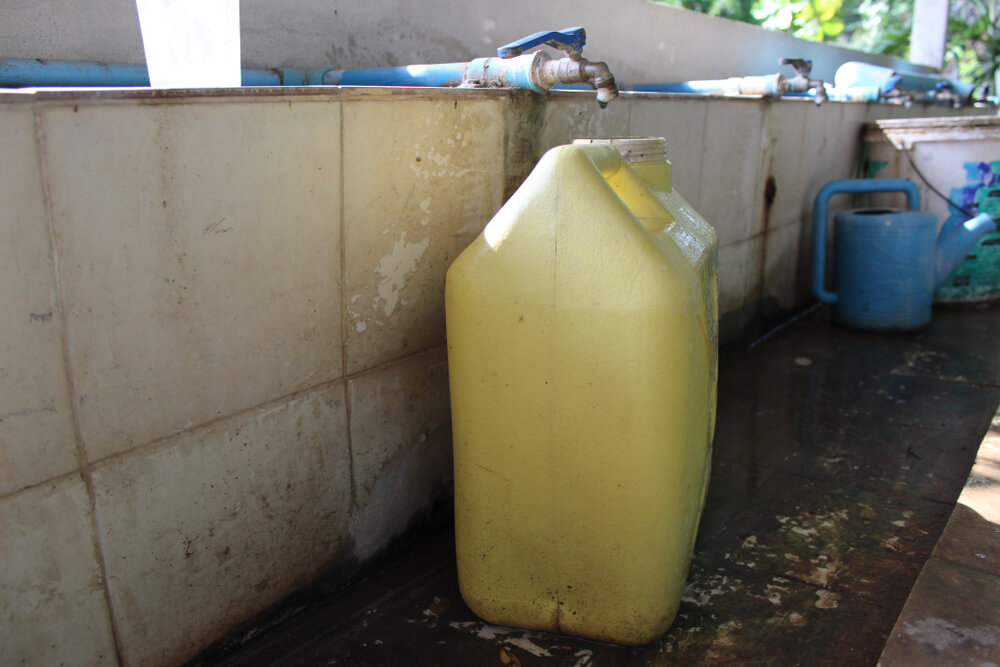
So how do we save our precious water while we still can? That will have to be by using less water, which can easily be done. Studies show that if everyone in the U.S. used just one less gallon of water per day, mainly during showering, then 85 billion gallons of water could be saved each year.
17. A Water Molecule Spends 98 Years In the Ocean:
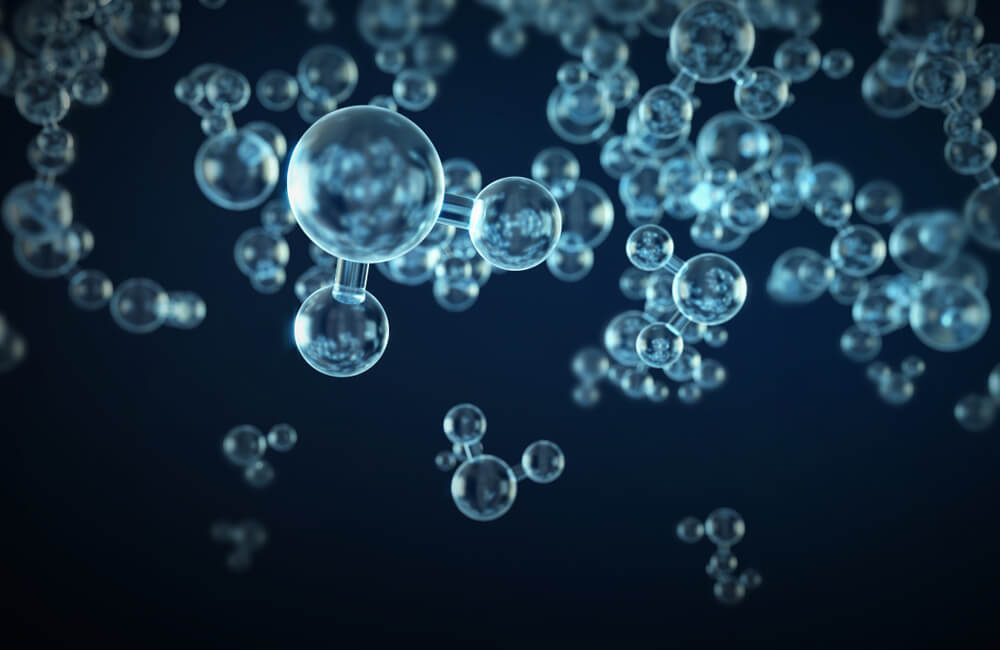
Moving back to chemistry territory, the water molecule is not only resilient and adaptable but also well-traveled. Research shows that “a water molecule spends 98 years in the ocean, 20 months as ice, about two weeks in lakes and rivers, and less than a week in the atmosphere.”
18. Water Is The Most Common Substance On Earth:
With so much chemistry around us and such a vast periodic table of elements, we might think that an element like oxygen would be the element most commonly found in the atmosphere because we need it to breathe. However, water is actually the most common substance found on Earth.
19. 326 Trillion Gallons Of Water On Earth:
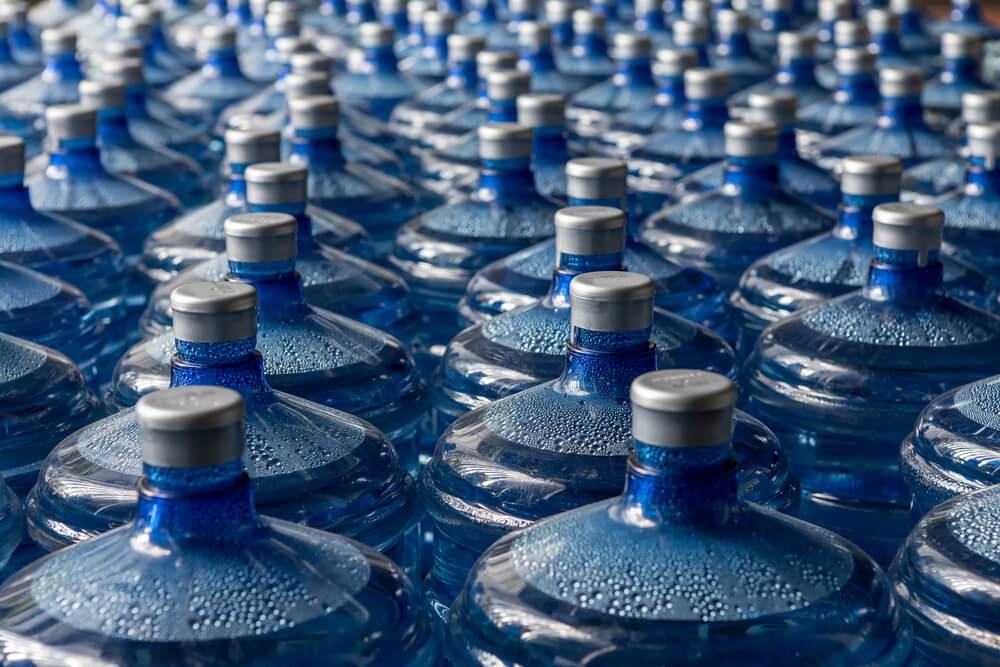
So how much water do we have on Earth if we combine all the oceans, lakes, rivers, ice caps, and water vapor in the atmosphere? How Stuff Works estimates that there are 326 trillion gallons of water on the planet.
Let’s not waste it! Water is not a renewable resource.
20. 2/3 Of The World Will Likely Face Water Scarcity By 2025:
Water is important for the Earth and the human race’s survival. According to the United Nations, by 2025 two-thirds of the world’s population will face water scarcity. By conserving perhaps our most precious resource, we can hope to reverse some of the climate change, pollution, and distribution’s devastating effects.
Water is as important to the human body as it is to the world’s population. Knowing the facts about water’s importance will help to understand how we can restructure how we use and how we supply water to those in need.
21. Earth’s Water Amount Barely Changes
Water constantly switches between solid, liquid, and gas; however, the amount of these substances combined don’t change much. There is about the same concentration of water on Earth as when Earth formed. That’s right—you could be drinking the same water that a Tyrannosaurus Rex did over 65 million years ago.
That said, we have slightly more water on Earth now than when Earth first formed. The cause? Volcanoes. Every time a volcano erupts, it expels new water vapor into the air. As you can imagine, it takes a lot of time to build up this water vapor, so most people consider the amount of water on Earth as constant since Earth’s birth.
You might be wondering if the amount of water on Earth hasn’t changed, then why are the oceans rising due to global warming? It all comes down to water distribution. Water that once occupied ice caps melts into the ocean, which raises the sea levels.
Additionally, water expands as it heats. Therefore, since the Earth’s temperature is rising, the melted water is increasing. The growth is small, but when you consider how much water is in our oceans, you can see how it can add up.
22. A Person May Live Only A Few Days Without Water
We all know that water is essential for survival, but just how long can a person live without water? In the worst-case scenario, a human being can only manage a few days without water. In other cases, a person may live closer to one week without water.
The length of time a person can survive without water depends on various factors, which include how well hydrated they were before they became cut off from water, their activity level, and their environment all play a role.
As you can imagine, someone in a hot, sunny environment will die quicker of dehydration than someone in a cold climate. Similarly, someone in a cold environment will likely die quicker without water than someone in 70-degree weather since they won’t use up energy shivering.
The body undergoes extreme stress during dehydration. The first symptoms are thirst and fatigue. Organ failure follows, which leads to death. If you find yourself in a situation without water, you can extend the amount of time you have to find help if you eat foods containing water. Fruits and vegetables are excellent for their high water concentration.
23. Camels Can Live for 7 Months Without Drinking Water
It’s not a myth that camels can survive for up to seven months without drinking, but do they really store it in their humps? As it turns out, a camel’s hump is for fat storage, not water storage. Therefore, assuming that a camel isn’t both thirsty and hungry, it will still have its full hump even on month six without drinking water.
Although scientists used to assume that camels stored water in their stomachs (camels have three of them), more recent studies show that camels don’t hold water anywhere on their bodies. Instead, they can drink up to 100 liters of water at a time. After that point, their bodies are efficient at preventing water from exiting too quickly.
For example, a camel’s fur blocks the sun and prevents it from losing too much sweat. Furthermore, a camel’s tiny blood cells mean that its blood can continue circulating throughout its body even when its blood becomes thicker as it gets dehydrated. However, those blood cells are also elastic—during those moments of mass water consumption at an oasis, a camels’ red blood cells can double in size. All the while, the size of a camel’s hump doesn’t change.
24. You Can Waste Gallons of Water Per Day from a Leaky Faucet
Those pesky droplets leaving your faucet might seem like no more than an inconvenience, but they quickly add up in terms of their environmental impact. USGS put together a handy, interactive calculation where you can input your home’s details and find out approximately how many liters or gallons of water you waste per day from your leaky faucet.
USGS estimates that one gallon of water equates to 15,140 drops of ¼ milliliter each. Using their calculator, let’s say that you have one leaky faucet in your home that produces 20 drops of water per minute. Over 24 hours, those drops amount to a stunning 1.9 gallons of wasted water a day. If you don’t fix the problem, you’ll waste nearly 695 gallons of water in a year. Ouch!
Factors that lead to leaky faucets include corrosion, mineral deposits, defective O-rings, and loose washers. Before attempting to fix your leaky faucet, make sure to shut off the water supply. Otherwise, you’ll have a mess on your hands and even more wasted water!
25. Your Water Might Not Be as Safe as You Think
You’ve likely heard about the Flint water crisis and other cities whose residents found out they had been drinking contaminated water. The Environmental Protection Agency (EPA) has two primary labels for drinking water—“totally safe” and “legally safe.” As its name implies, “totally safe” water has no known contaminants that can do you harm. However, “legally safe” water could contain up to nine contaminants that the Clean Water Act (CWA) regulates.
According to the CWA, water with one or more of those nine contaminants below the maximum acceptable levels is safe to drink. However, the EPA believes that there could be upwards of 10,000 contaminants in water that aren’t regulated. For this reason, if you’re drinking “legally safe” water, you should treat it before consumption.
Arsenic, lead, and microbial are among some of the containments currently regulated in the United States. These contaminants can enter the water supply system via groundwater polluted from chemicals seeping down through soil and rock. Other activities, such as hydraulic fracturing and mining, also contaminate water.
In some cases, the CWA lists water as “impaired.” Impaired water is too polluted for human consumption regardless of the treatment methods used.
Conclusion:
Who knew H20, a relatively small particle, could be one of the most important elements of human being’s survival?
So there you have it. The 25 water facts you probably didn’t know.







Can tea sweetened with an artificial sweetener count as water on the human body?
Hi Donna, I’m assuming you mean if sweetened tea counts as hydration for your daily needs, is that right? If so, yes, artificially sweetened will contribute to your overall hydration needs. Even coffee, that has more caffeine than most teas and is thought of as a diuretic, still contributes more to your body’s hydration needs than not drinking it.